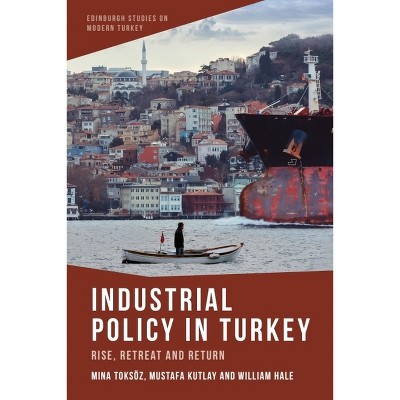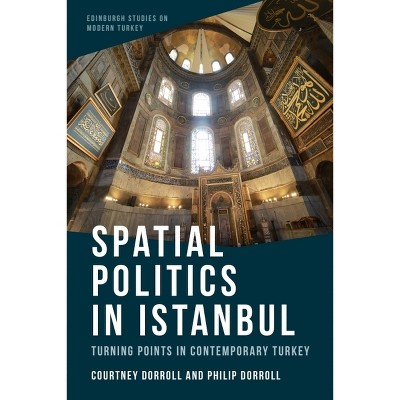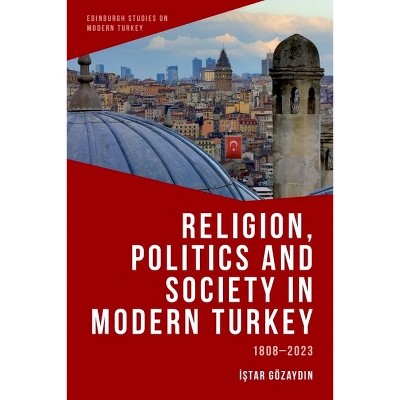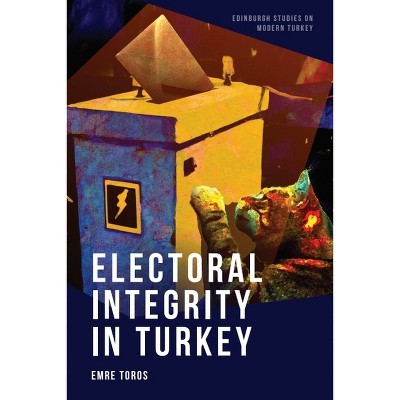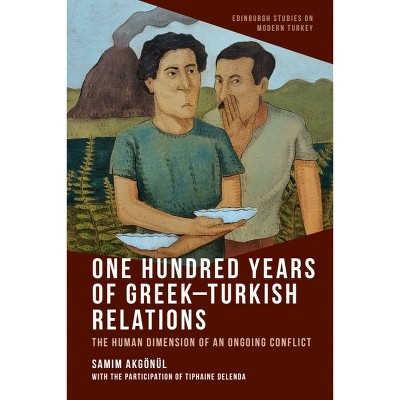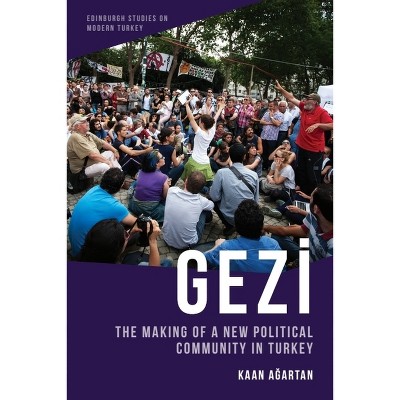About this item
Highlights
- This book makes a strong case that Turkey's regime and its vicissitudes are dependent on a necropolitical undercurrent.
- About the Author: Banu Bargu is Associate Professor of History of Consciousness and Political Theory in the Department of History of Consciousness at the University of California, Santa Cruz.
- 296 Pages
- Political Science, World
Description
About the Book
Building on critical and contemporary theory, these essays address the multiple ways in which the Turkish regime controls its citizens through physical destruction, structural violence and exposure. The 12 case studies include counterinsurgency warfare, enforced disappearances, cemeteries, monuments, prisons, courts and the army.
Book Synopsis
This book makes a strong case that Turkey's regime and its vicissitudes are dependent on a necropolitical undercurrent. Building on the insights of critical and contemporary theory, the essays address the multiple ways in which lives are brought into the fold of power. Once there, they are subjected to mechanisms of death and destruction, and to modalities of infrastructural violence, strategic neglect and exposure. This produces new forms of impoverishment, inequality and disposability. Bringing together historical, discursive, and ethnographic approaches from multiple disciplines, this collection offers a sobering and original analysis of contemporary Turkey.
From the Back Cover
A critical and multidisciplinary analysis of Turkish democracy from the perspective of necropolitics This book analyses Turkey's precarious democracy and its contradictions from the perspective of its entwinement with death and destruction. It makes a strong case that Turkey's regime and its vicissitudes are dependent on a necropolitical undercurrent. Bringing together historical, discursive, and ethnographic approaches from multiple disciplines, including political theory, philosophy, anthropology, sociology, history, international relations, cultural studies, and gender and sexuality studies, this collection of 11 case studies offers a sobering and original analysis of contemporary Turkey and, indirectly, the changing dynamics of the Middle East. Focusing on different forms of violence, ranging from counterinsurgency warfare and enforced disappearances to the strategic neglect and exposure of select populations, these essays put forth provocative readings that address the multiple ways in which lives are brought into the fold of power. Building on the insights of critical and contemporary theory, this collection offers a new and rich lexicon of violence. Banu Bargu is Associate professor in History of Consciousness at the University of California, Santa Cruz.About the Author
Banu Bargu is Associate Professor of History of Consciousness and Political Theory in the Department of History of Consciousness at the University of California, Santa Cruz. Her main area of specialisation is political theory, with a thematic focus on theories of sovereignty, biopolitics, and resistance. She is the author of the award-winning book Starve and Immolate: The Politics of Human Weapons (Columbia University Press, 2014).
Shipping details
Return details
Trending Non-Fiction







